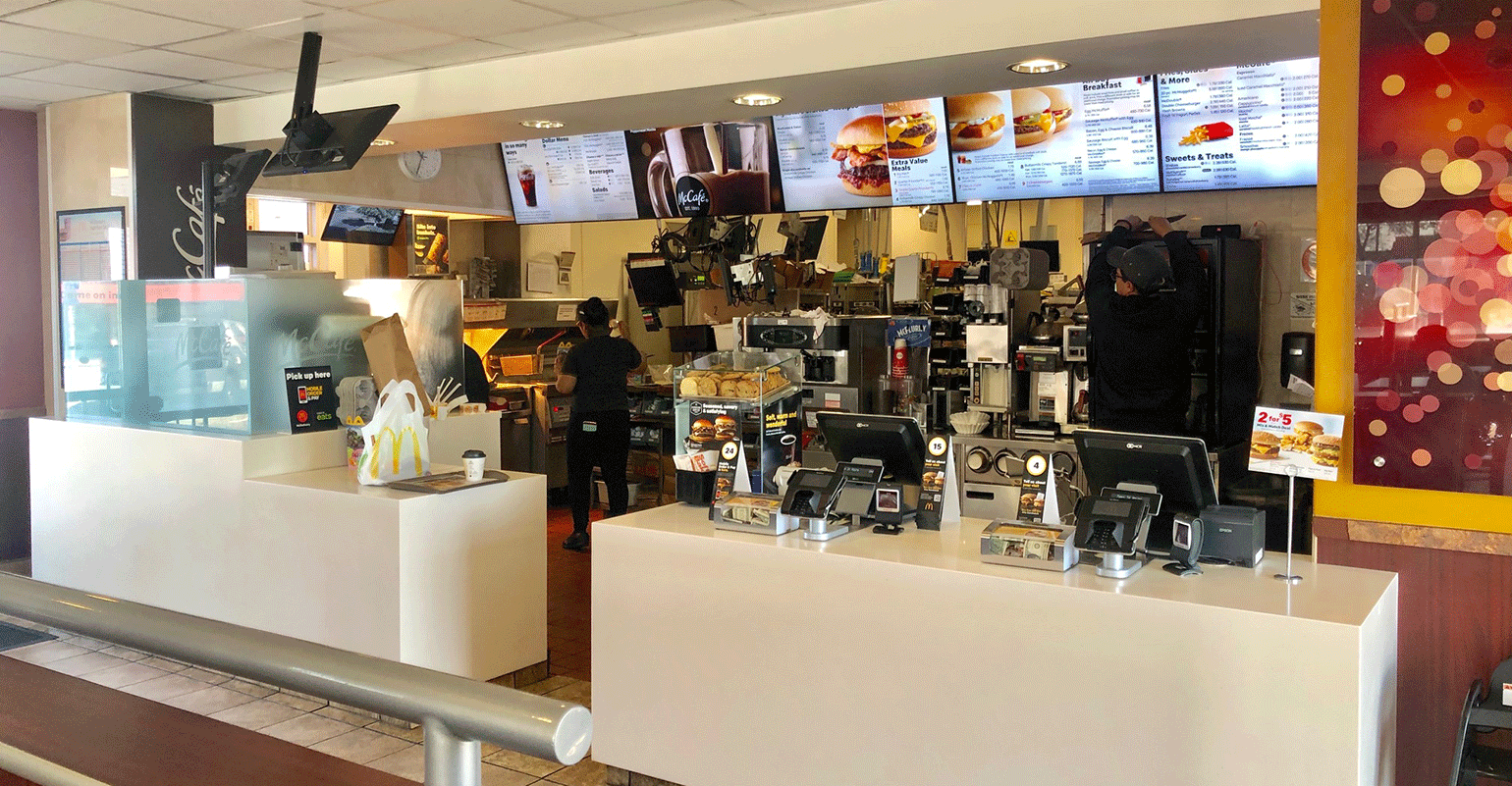ALEXANDRIA, Va.—A fast-food wage law has been put on hold by a state judge, reports the Wall Street Journal. The law, known as the FAST Recovery Act, was signed into law in September and creates a government panel that would set hourly wages for fast-food workers of up to $22 beginning next year and establish workplace standards. The wages can increase annually by the same as the consumer-price index, up to a maximum of 3.5%.
Sacramento County Superior Court Judge Shelleyanne W.L. Chang has temporarily stopped the law from going into effect. It was supposed to be implemented on January 1. The judge wrote that the court couldn’t consider the matter in such a short time frame. The court is set to hold a hearing on the injunction on January 13.
In early December, a group of franchisee and restaurant business associations, called Save Local Restaurants, filed a petition that would place the law on the 2024 ballot. Now the secretary of state’s office is determining whether the petition has about 623,000 valid signatures. If there are enough signatures, the law would not go into effect, and the measure would be placed on the 2024 ballot.
The group filed a lawsuit last week against the state’s Department of Industrial Relations. The suit asked the court to block the implementation of the law until the office has finished the petition validation process.
“While this pause is temporary, the impact is beyond just one piece of legislation and keeps intact for the time being California’s century-old referendum process,” the Save Local Restaurants coalition said in a statement.
The governor has an obligation to implement the law unless the secretary of state can verify the group has enough signatures to qualify for the ballot, according to Erin Mellon, a spokeswoman for Gov. Gavin Newsom. But the state is abiding by the court’s order, she told the Journal.
Fast-food operators and franchisees say the law impacts restaurants’ ability to thrive, as many restaurants will have to bear the cost of increasing workers’ pay.
McDonald’s President Joe Erlinger wrote in a statement that the bill picks “winners and losers, which is not the appropriate role of the government.”
Erlinger explained that a small business owner who runs two restaurants that are part of a national chain, such as McDonald’s, are included under the law and could be forced to raise their minimum wage up to $22 an hour, if the panel sets it that high. However, if someone owns 20 restaurants that are not part of a large chain, the law does not apply to them, and brands with fewer than 100 locations are excluded. The law also does not apply to restaurants that bake bread.
The Journal reported that restaurant owners may have a hard time affording a wage hike so quickly, as the state’s minimum wage is $15 an hour and will go up by 50 cents this month.
Labor unions in the state backed the bill, saying that the government-set minimum wages would make sure that fair wages and other protections are set in place for hourly workers.
Mary Kay Henry, president of Service Employees International Union, said the law is one of the most significant pieces of labor legislation in a generation.
“California fast-food workers have set a new model for workers having more power across their industry,” Henry told the Journal. Henry also said similar lobbying efforts are happening in other states.
Some fast-food restaurants are considering adding table service to their establishments so that they would be exempt from the law. The law applies to fast-food restaurants that are part of a chain, with limited or no table service, and where customers order and pay before receiving their food.






